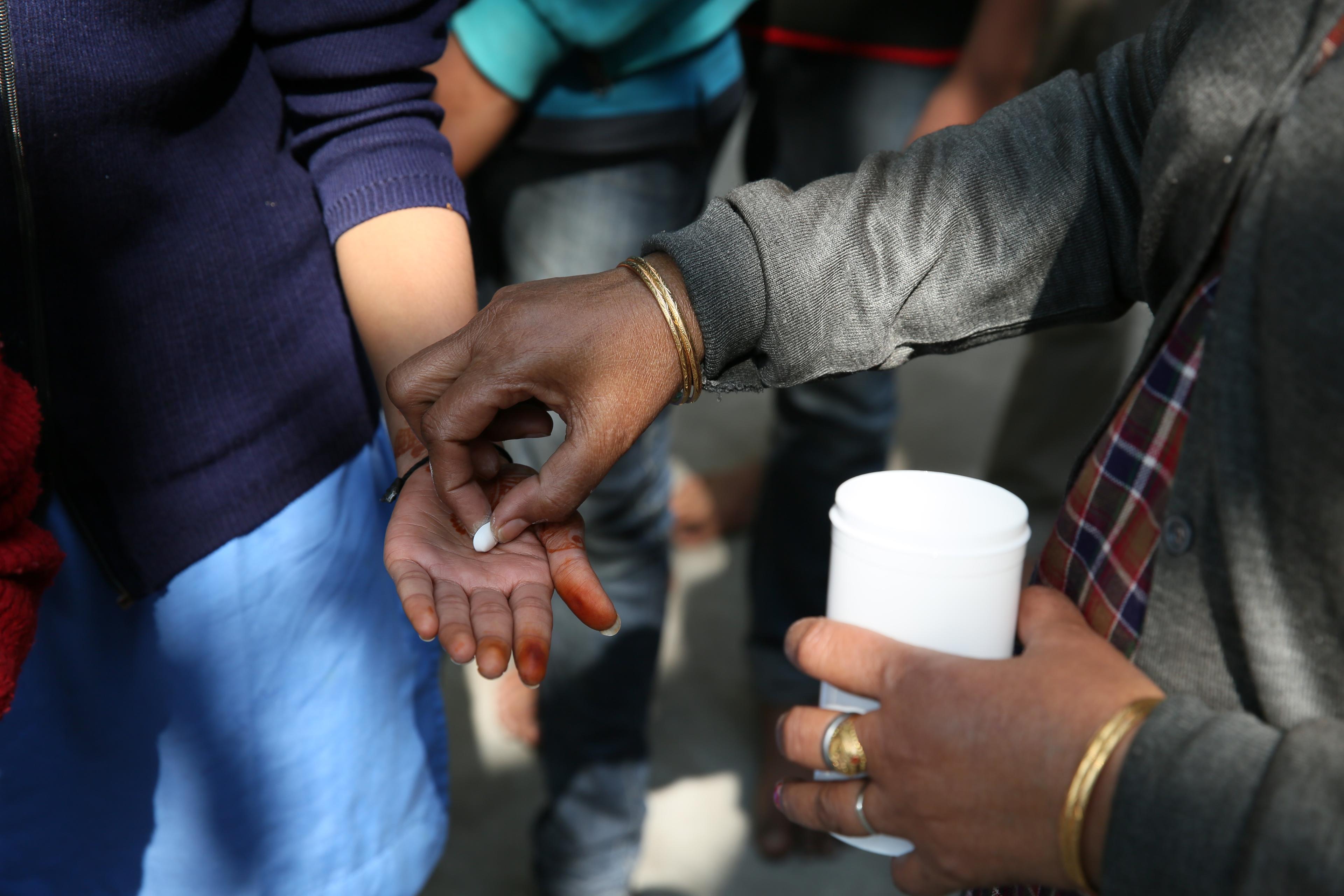I recently took the Giving What We Can pledge to donate 10% of my income to the most effective charities. You can join me and many others in doing so through our New Year's Pledge Campaign.

I made this decision after coming across some of Peter Singer's ideas about our responsibility to people in extreme poverty and becoming involved with the Effective Altruism group in Brighton. These two things really convinced me that I should take the pledge and by doing so make a meaningful difference to the lives of many people living in extreme poverty.
Peter Singer and the Drowning Child Analogy
I have been interested in the problem of extreme poverty since studying economics at university. It seemed crazy to me that in a world full of so much wealth so many people die because they cannot meet their basic needs.
Until recently, though, I never understood what I could do that would actually make any difference to this. I thought that, although it would be good thing to try to help, I was not actually able to contribute to the problem in any meaningful way.
Looking back now, Peter Singer's 'Drowning Child Analogy' was a really important part of changing my views on this.
Briefly, the Drowning Child Analogy goes like this: Imagine you are walking through a park and, on your way, you notice that there is a child drowning in a pond. You could jump into the pond and save the child. However, you are wearing a new pair of shoes and by jumping in you would ruin them. So, to avoid ruining your new shoes, you decide to keep walking and you let the child drown. Most people would say that a person who ignores the child in this situation has done something wrong.
But in fact there are many children (metaphorically) drowning, and, at a low cost to ourselves, we could save them. The only difference is that they are not drowning right in front of us. They are drowning further away. Does the distance make any difference?
And, if the distance does not make any difference, do we have some further responsibility to people living in extreme poverty, if we can prevent their suffering at a low cost to ourselves?
After coming across this idea I realised that my distance from the suffering does not matter. Rather than just being something good to do, I have a moral responsibility to help the children who are drowning far away from me. If I can help them at a low cost to myself, then I should.
This realisation might sound really burdensome. But it hasn't felt that way. It's made me realise that my life actually means something. My choices actually matter. That came as quite a surprise to me!
What can I do?
So if there's something that I can do, at a low cost to myself, then I should do it. But what can I do?
Until recently, I worried that a lot of work that was being done in this area was ineffective, and some of it even having a negative impact. I didn't want to get involved with something that was well-intentioned but ended up doing more harm than good.
Well it turns out that there are a number of charities which focus on delivering only the most evidence-based and cost-effective interventions, such as providing insecticide treated bed nets to protect people against malaria, which still causes over half a million unnecessary deaths every year.
Organisations like GiveWell carry out incredibly detailed research on the effectiveness of different charities. Based on its research, GiveWell recommends where to donate to have the most impact.
Reading through some of this research, I realised that there is something I can do, something that good evidence suggests will prevent children from drowning: donate to these effective charities.
And although donating to the charities recommended by GiveWell will not immediately fix the whole problem of extreme poverty, it will still prevent a huge amount of unnecessary suffering that would have otherwise occurred.
If there were five children drowning in a pond, and we only knew how to save one, we would not let them all drown. We would save the one child, and continue to try and figure out how to save the rest.
By shifting my focus to individuals rather than the bigger picture, I realised that despite not being able to fix the whole problem, there is a lot that I can do, right now. And donating a part of my income to these effective charities will prevent the needless suffering of many individuals.
Brighton Effective Altruism group
There has been a significant overlap between developing these ideas and joining the Brighton Effective Altruism group.
Discussing all of these ideas with the group has been so valuable, and being around such passionate and motivated people definitely helped to convince me to take this pledge.
If you haven't already, I would definitely recommend joining your local group. And if there isn't one, start one!
Taking the pledge
I think that the general argument is difficult to argue with. I spend so much on luxuries, while at the same time people cannot meet their basic needs to survive. How can I justify that? I don't think I can. So I've taken the Giving What We Can pledge to donate 10% of my income to the most effective charities. I hope that taking this pledge reinforces my commitment to do my part to tackle extreme poverty.
And I hope that by taking this pledge I will also convince others to do the same. The more people that do, the quicker we can put an end to extreme poverty. As far as I can tell, no one out there is going to do it for us. It's up to us to fix this problem.
Will you join me this New Year's?